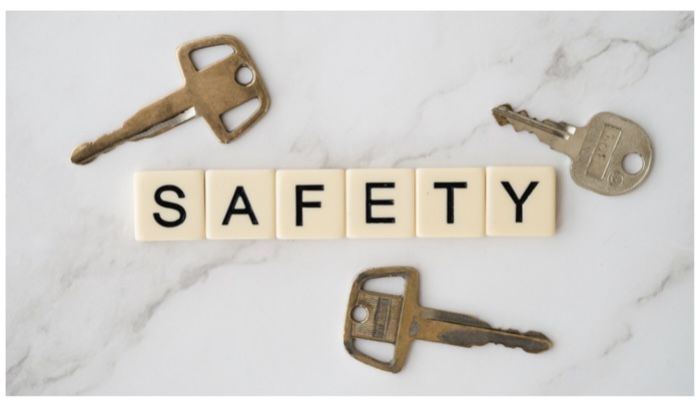Live events, whether concerts, music festivals, or theatrical performances, bring people together in an environment of excitement and shared energy. However, with large crowds and high-energy activities comes the responsibility to ensure safety and preparedness. While the entertainment industry thrives on excitement, the safety of attendees must remain a priority for event organizers to prevent and manage emergencies effectively.
The Growing Need for Safety in the Entertainment Industry
The live event industry has seen unprecedented growth over the years, with more concerts, festivals, and large gatherings happening worldwide. As crowds increase, so does the potential for accidents and medical emergencies. From fainting due to heat to more severe issues like heart attacks or seizures, being unprepared for medical emergencies can lead to devastating consequences.
Why Health and Safety Must Be a Top Priority
Ensuring the safety of event attendees isn’t just about having security measures in place. It’s about preparing for the unexpected. Having trained staff on hand to handle various emergency situations from minor injuries to life-threatening conditions is essential. While emergency medical services EMS are important, they may take time to arrive, especially in large venues. This is where having personnel trained in basic first aid and emergency response can make a huge difference.
The Role of CPR in Emergency Preparedness at Events
One of the most valuable skills that staff at live events should have is CPR Cardiopulmonary Resuscitation. Certified CPR trained individuals are equipped to respond swiftly in case of emergencies, especially situations like cardiac arrest, where every second counts.
At events, large crowds and heightened emotions can sometimes lead to medical incidents, and being able to act quickly and effectively can save lives. CPR is a life-saving technique that helps maintain circulation and oxygen supply to vital organs until emergency responders arrive. Having event staff trained in CPR ensures that immediate assistance is available, reducing the chances of death or severe injury.
The Impact of Having Certified CPR Staff
When staff members are certified in CPR, they are better equipped to handle emergencies with confidence and competence. In situations such as someone collapsing from a heart attack or choking, staff trained in CPR can provide immediate care and increase the chances of survival. In addition to CPR, it’s important that staff members are also trained in other basic first aid measures like handling cuts, abrasions, or heatstroke.
CRP training should be part of the basic training for all event staff, as it prepares them to act decisively in moments of crisis. While events are often places of joy and celebration, preparedness for emergencies is a key part of creating a safe atmosphere for all attendees.
The Mental Health Aspect of Event Safety
Safety at live events isn’t just physical mental health also plays a crucial role in ensuring a safe and enjoyable environment. Large crowds can lead to heightened emotions, anxiety, and even panic attacks, particularly during intense moments in the event. Event organizers must recognize the importance of mental health and include support services, such as designated quiet zones or staff trained in managing anxiety, as part of their emergency plans.
Creating a supportive environment where attendees feel safe to express concerns or seek help can prevent panic from spreading during an emergency. Offering mental health support ensures that everyone at the event can enjoy the experience while feeling reassured that their well-being is taken seriously.
Safety as Part of Event Success
When attendees feel that their safety is being prioritized, they are more likely to fully engage with the event without concerns. Having staff trained in CPR and first aid not only ensures physical safety but also reassures attendees that they are in a well-managed environment. It strengthens the overall experience, creating lasting memories without the overshadowing fear of an emergency.
In addition, the presence of certified staff capable of handling medical emergencies helps mitigate potential risks. It also ensures that in case of any medical incident, the response is immediate, reducing the likelihood of an adverse outcome.
Conclusion: Ensuring Safe, Successful Events
Safety should never be an afterthought in event planning. From crowd management to having certified staff ready for emergencies, being prepared can save lives and ensure a seamless, enjoyable experience. The importance of training in event staff cannot be overstated, as it empowers them to take immediate action when every second counts. By prioritizing safety, event organizers can not only create positive, memorable experiences but also ensure that the well-being of all attendees remains a top priority.
By taking these steps to prepare for emergencies, event organizers show a commitment to their attendees’ health and safety, making for an unforgettable event that everyone can enjoy without fear.




